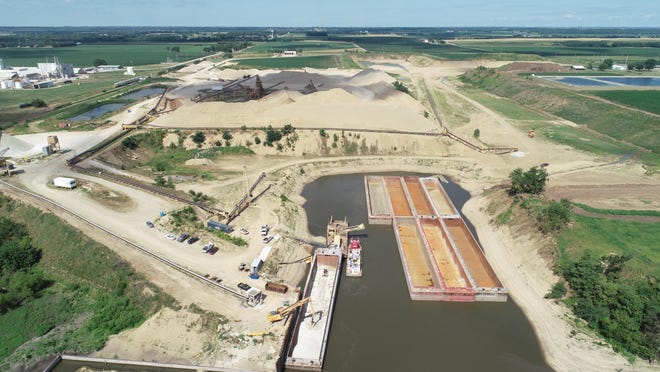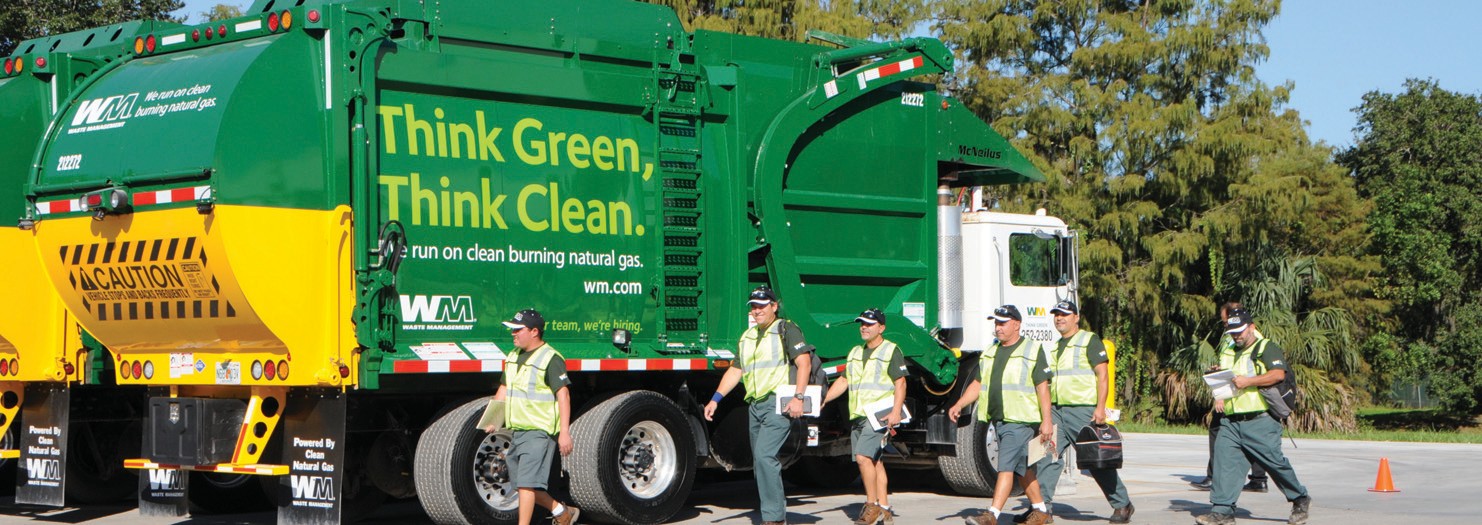
Asu can help you earn a Master’s degree in Sustainability Leadership online. The program also offers concurrent degrees, including an Executive Master of Sustainability Leadership. These programs can usually be completed in 2 years or less. Submit an application to get started.
Online sustainability requires concurrent degrees
Concurrent degrees are often referred to as double majors and refer to students who earn two different degrees or diplomas at once. Although they offer flexibility for students to choose between a range of degree programs, there is a high level of overlap in curriculum. Concurrent degree students must comply with all university requirements. Applicants with a minimum 3.0 cumulative transcript GPA are encouraged and will be considered. Applicants below this limit will not be considered.
This program encourages interdisciplinarity, as students learn to integrate political, economic, and social factors in engineering practice. Students acquire technical skills and ethical insights to tackle sustainability challenges and develop solutions.

Certificate for sustainable tourism graduate
The School of Community Resources and Development offers an online graduate certificate in sustainable tourism. It focuses on sustainable practices and management within the tourism industry. This certificate program focuses on professionals in the tourist industry who are looking for a career transition or an opportunity to progress. The program teaches students how to build sustainable destinations and the business and environmental aspects that sustain sustainable tourism.
This certificate program focuses primarily on the management and preservation of food and other environmental resources. Students will learn how sustainable initiatives can be developed and implemented while considering all the perspectives and needs. Students will also learn communication and collaboration skills that they can use in their future careers.
Sustainability leadership executive master
The Executive Master of Sustainability Leadership program at Arizona State University is a degree in leadership in the field of sustainability. The program combines academic theory and research with a practical application of sustainability. It is taught by industry leaders and academics. The course aims to provide the knowledge and skills necessary for solving current problems and developing innovative solutions.
The ASU School of Sustainability offers a variety of executive and academic programs related to sustainability. It offers graduate and undergraduate degrees, as well professional certificates and custom training for business. The program also offers electives to help business professionals sharpen their leadership skills. Graduates are equipped to lead large and small companies in adopting sustainable business practices.

The program's curriculum includes two foundational courses and four thematic areas. A week-long residency in a major US city allows students to work in teams and interact with their peers. Students also plan and execute their capstone sustainability project during this time. Students also have the option of six credit hours in 500-level electives.
FAQ
What are the four major functions of Management?
Management is responsible for organizing, managing, directing and controlling people, resources, and other activities. It includes the development of policies and procedures as well as setting goals.
Management aids an organization in reaching its goals by providing direction and coordination, control, leadership motivation, supervision, training, evaluation, and leadership.
Management has four primary functions:
Planning - This is the process of deciding what should be done.
Organizing – Organizing means deciding how to organize things.
Directing - Directing is when you get people to do what you ask.
Controlling - This is the ability to control people and ensure that they do their jobs according to plan.
What is the difference of a program and project?
A program is permanent while a project can be temporary.
Projects usually have a goal and a deadline.
It is often carried out by a team of people who report back to someone else.
A program is usually defined by a set or goals.
It is often done by one person.
What role can a manager fill in a company’s management?
Different industries have different roles for managers.
A manager generally manages the day to-day operations in a company.
He/she ensures that the company meets its financial obligations and produces goods or services that customers want.
He/she ensures employees adhere to all regulations and quality standards.
He/she oversees marketing campaigns and plans new products.
Statistics
- This field is expected to grow about 7% by 2028, a bit faster than the national average for job growth. (wgu.edu)
- The profession is expected to grow 7% by 2028, a bit faster than the national average. (wgu.edu)
- As of 2020, personal bankers or tellers make an average of $32,620 per year, according to the BLS. (wgu.edu)
- 100% of the courses are offered online, and no campus visits are required — a big time-saver for you. (online.uc.edu)
- Our program is 100% engineered for your success. (online.uc.edu)
External Links
How To
How do you implement a Quality Management Plan (QMP)?
Quality Management Plan (QMP), which was introduced in ISO 9001:2008, provides a systematic approach to improving processes, products, and services through continual improvement. It provides a systematic approach to improving processes, products and customer satisfaction by continuously measuring, analysing, controlling, controlling, and improving them.
QMP is a standard way to improve business performance. QMP's goal is to improve service delivery and production. QMPs should address all three dimensions: Products, Services, and processes. The QMP that only addresses one aspect of the process is called a Process QMP. If the QMP is focused on a product/service, it's called a QMP. And when the QMP concentrates on Customer Relationships, it is called "Customer" QMP.
Scope is the most important element in implementing a QMP. Strategy is the second. These elements can be defined as follows.
Scope: This defines what the QMP will cover and its duration. For example, if your organization wants to implement a QMP for six months, this scope will define the activities performed during the first six months.
Strategy: This is the description of the steps taken to achieve goals.
A typical QMP consists of 5 phases: Planning, Design, Development, Implementation, and Maintenance. Each phase is explained below:
Planning: In this stage the QMP's objectives and priorities are established. To understand the expectations and requirements of all stakeholders, the project is consulted. Once the objectives and priorities have been identified, it is time to plan the strategy to achieve them.
Design: The design stage involves the development of vision, mission strategies, tactics, and strategies that will allow for successful implementation. These strategies are then put into practice by creating detailed plans.
Development: Here, the development team works towards building the necessary capabilities and resources to support the implementation of the QMP successfully.
Implementation is the actual implementation of QMP according to the plans.
Maintenance: This is an ongoing procedure to keep the QMP in good condition over time.
Several additional items should be added to the QMP.
Stakeholder Engagement: It is crucial for the QMP to be a success. They should be involved in planning, design, development and implementation of the QMP.
Project Initiation: It is essential to have a clear understanding about the problem and the solution before you can initiate a project. This means that the initiator should know why they want something done and what they hope for from the end result.
Time frame: The QMP's timeframe is critical. You can use a simplified version if you are only going to be using the QMP for short periods. If you are looking for a longer-term commitment, however, you might need more complex versions.
Cost Estimation - Cost estimation is an important part of the QMP. You cannot plan without knowing how much money you will spend. It is therefore important to calculate the cost before you start the QMP.
QMPs are not only a document, but also a living document. This is the most important aspect of QMPs. It changes with the company. It should therefore be reviewed frequently to ensure that the organization's needs are met.